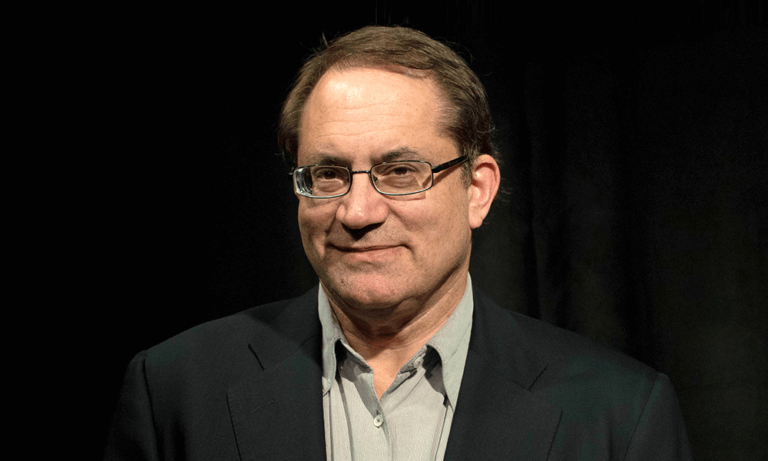Contrary to the opinion of much of the renewable energy sector, the abolition of the Government’s feed-in tariff scheme (FiTS) today is not necessarily bad news. Commercial-scale roof-top solar power is booming and will continue to flourish even when the FiTS ends, says solar power company, Mypower, which was responsible for introducing solar power to Gloucester Cathedral as well as to industry, commerce and farms. The FiTS has supported the development of renewable energy since 2010, but Mypower believes its removal will boost the commercial sector’s adoption of solar power and help companies to significantly reduce their operational costs. Government should now focus upon energy storage technology as this is the next barrier to clean energy growth.
Roof-top commercial-scale solar energy has been successfully competing with ‘conventional’ energy generation in the mainstream market for some time. It is a financially viable source of energy being at least 60% cheaper than National Grid supplied electricity, costing 4-6p/kilowatt hour (kWh) compared to a minimum of 14p/kWh respectively. Solar PV systems are 50% more efficient and two-thirds cheaper than ten years ago: a 50kW system costing £130,000 in 2009 now costs under £40,000. Solar power now offers companies a return on investment of over 14%.
Mypower has been designing and installing solar PV systems to SME’s, corporates and farmers for ten years, and believes that removing the FiTS will create a stable and market driven demand for solar PV systems within the corporate sector: “Ending Feed-In Tariffs removes reliance on Government policy which is a positive move for companies. Plus they can already receive greater payment for the spare power they sell to the National Grid than was being offered by the Government scheme.” explained Ben Harrison, Managing Partner at Mypower.
He continued “Previously, there was uncertainty about how Government policy would change the FiTS along with widespread negativity in the marketplace reacting to announcements over the years, dissuading many from considering solar power at all. Plus some companies’ perceived the FiTS as complex and others wouldn’t consider taking subsidies as a matter of principle.”
Mypower believes the feed-in tariff scheme has been the incentive that stimulated end users’ interest and purchasing. However, it has now done its job and is no longer required. The next impairment to advancing renewable energy, thinks Ben, is the current limitation in energy storage capacity. The Government needs to concentrate attention upon supporting this area. Dedicated investment and volume sales are required to make the same dramatic leaps forward in energy and batter storage technology as happened in the past decade for solar-generated electricity.
Last year, the UK Government launched the Faraday Challenge to invest £248 million into battery development companies and initiatives between 2018-2022. In comparison, President Macron has just announced the French Government’s investing £597 million (700 million Euros) into battery cell manufacturing, whilst the German government has committed over £1,750 million (2 billion Euros) for building battery cell factories. The German Government offers subsidies to homeowners to install battery storage, with Italy and Ireland planning to introduce their own schemes.
“We’d urge the UK Government to consider an on-going subsidy system aimed at accelerating the development of the next generation of this technology. Whoever discovers the holy grail of energy storage will have discovered the goose that lays the golden egg and it would be a significant boost to the UK economy if it could be a British company.” said Ben.
























